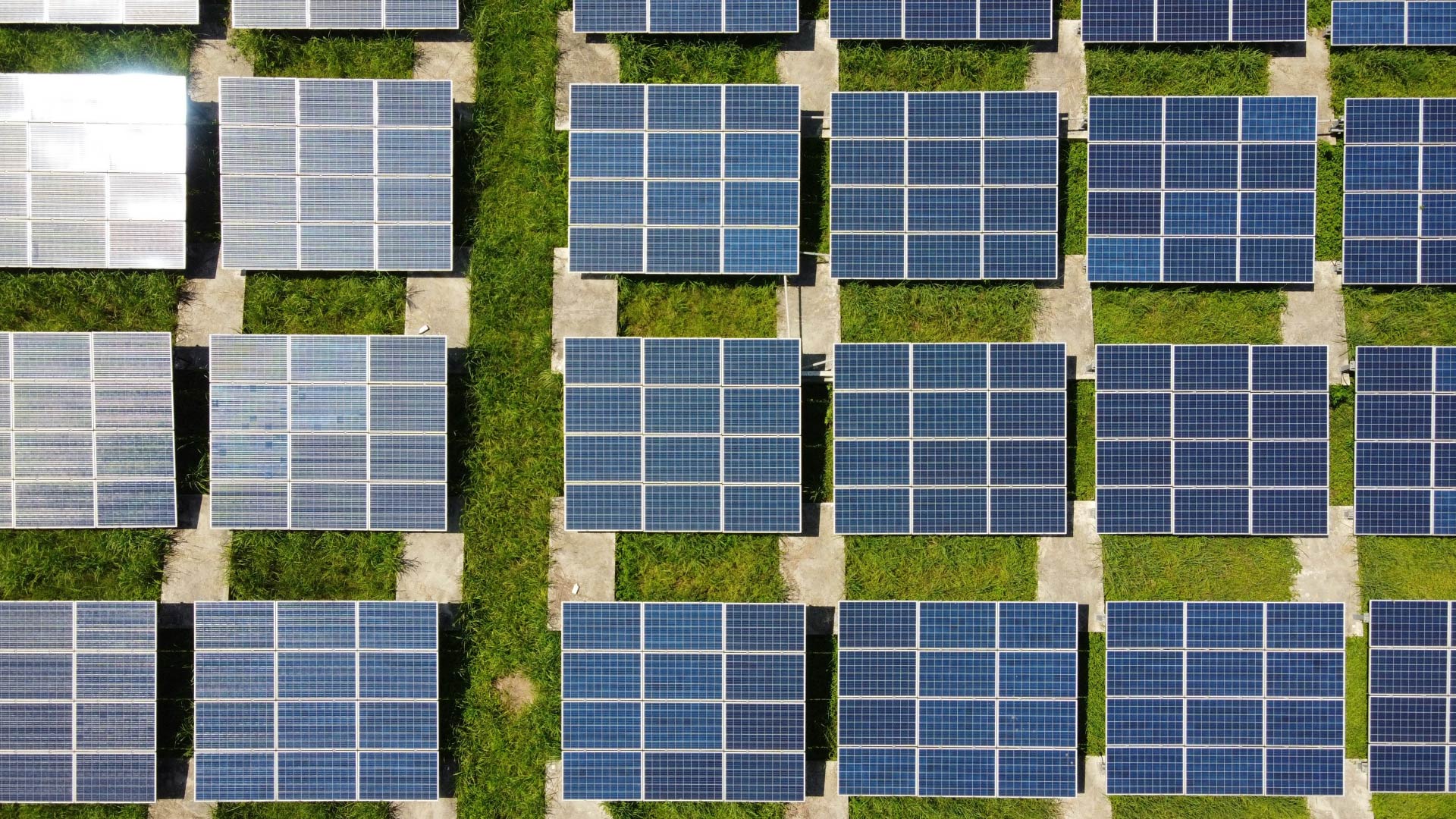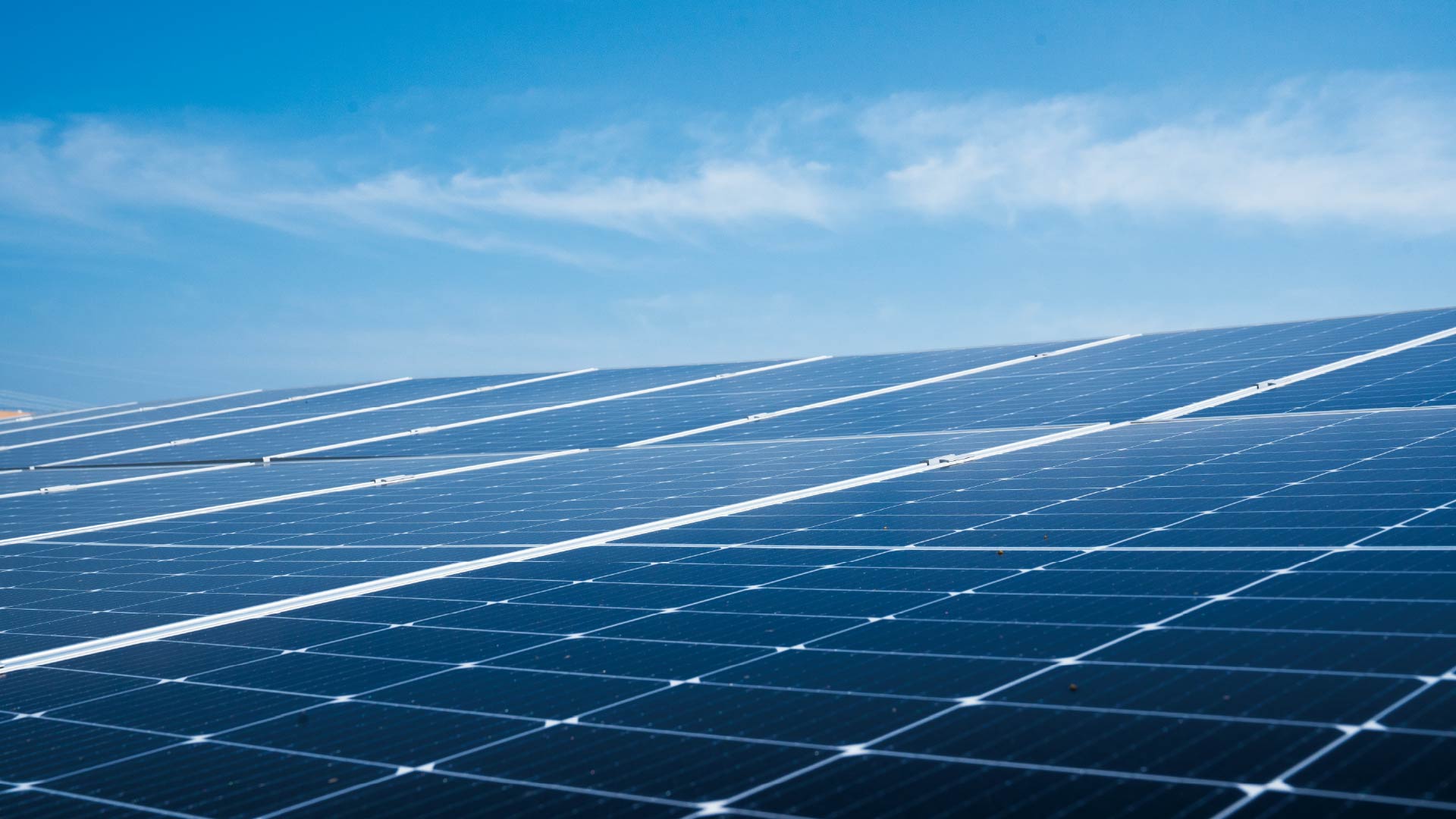Biden-Harris EPA Recycling Infrastructure Grants Are A Tiny Step In The Right Direction

Guy Lewis
At the end of November, the US Environmental Protection Agency (EPA) announced the availability of $100 million worth of grants to enable the development and scaling of recycling infrastructure and education at a national level. The funding will contribute to the $375 million of investment in the EPA under the Bipartisan Infrastructure Law that was announced in June this year. In total, as part of the November announcement, $70 million will go towards recycling infrastructure and educational outreach nationally, with a further $30 million reserved for state and territory programs.
What’s the issue? Despite the latest $100 million of investment focusing on community outreach and development, the total sum of $375 million in recycling initiatives pales in comparison to the scale of investment seen in the US Inflation Reduction Act (IRA) or other areas of the Bipartisan Infrastructure Act, and yet still constitutes the largest government-led investment in recycling initiatives in the US in over 30 years. For example, Cirba Solutions, a battery management and materials processer, received a $75 million grant in October as part of government-led investments in the battery supply chain in the Bipartisan Infrastructure Law. That is not to say that this is not a welcome investment. Important work is needed to improve materials-recovery and processing in the battery industry, and the $7 billion going to the Department Of Energy to do so is essential to develop resilient supply chains, energy security and more circular production processes.
Why is more needed for recycling in general? In 2021, less than 5% of plastic waste in the US was recycled. The progress has also stagnated. OECD figures in 2019 showed that 4% of plastic in the US was recycled, falling below the global average of 9%. It is also not just better recycling that can improve sustainability – 70% of GHG emissions in 2019 were derived from materials handling of all types. As such, investment to scale recycling solutions is needed across all industries as part of the solution to drive more efficient resource use, emissions reduction and supply chain engagement, in a push for circular processes.
Given low government-led investments, it is no surprise that firms are going it alone. Renault Trucks announced an investment in a Used Parts Factory in August to reduce natural resource usage and re-integrate used parts back into the production process. Stellantis, the parent organisation of Jeep, Dodge, Maserati and Peugeot, followed suit in October with the consolidation of its Mirafiori reconditioning complex in Turin. Beyond the automotive industry, key figures in the food and beverage industry demonstrate circular ambitions across the board. Two key examples include PepsiCo, who has committed to 100% recycled or renewable plastic use in crisp packets by 2030 and ABInbev with its push to increase returnability of packaging and containers to 100% by 2025.
Credibly delivering on circular commitments can benefit an organization’s ESG performance with reduced emissions, lower water contamination and a smaller impact on biodiversity. It can also alleviate virgin materials sourcing and provide more sustainable products to customers, while making circular changes to production can reduce the chance of supply chain shocks and build operational resilience. There are existing solutions to help deliver improved end-of-life (EOL) outcomes through AI waste-sorting, IoT sensors and waste-mapping, such as AMP Robotics, Greyparrot, Lixo and Topolytics. Other circular economy digital solutions that drive circularity throughout product lifecycles can be found here.
About The Author

Guy Lewis
Industry Analyst





